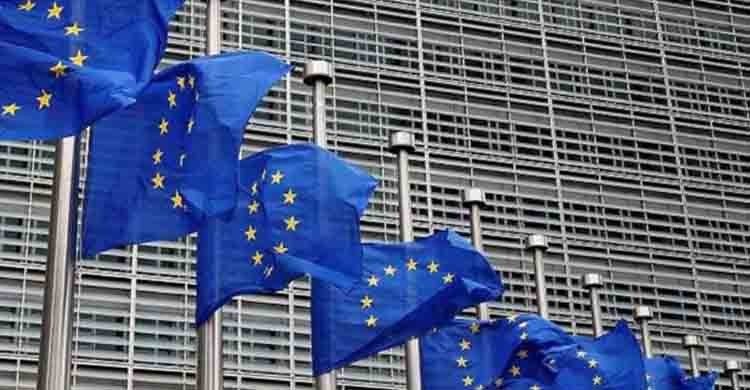EU approves Russia coal embargo, proposes more arms to Ukraine
08 April 2022, 06:15 pm | Updated: 22 November 2024, 08:17 pm

The European Union on Thursday said it had approved an embargo on Russian coal and the closing of the bloc's ports to Russian vessels over the Ukraine war.
An official from the French presidency of the European Council said the moves spearhead a "very substantial" fifth round of sanctions against Moscow.
That package also includes a 10 billion euro ($10.9 billion) ban on exports to Russia, including high-tech goods, and the freezing of several Russian banks' assets, reports AFP.
In addition to the sanctions, the EU also backed a proposal to boost its funding of arms supplies to Ukraine by 500 million euros, taking it to a total of 1.5 billion euros.
European Council President Charles Michel said on Twitter the package would be "swiftly approved".
The new financial measures were proposed by the European Commission after the bodies of dozens of civilians were found last weekend in Bucha, near Kyiv.
It is the first time the Europeans have targeted the Russian energy sector, on which they are heavily dependent.
The EU nations import 45 percent of their coal from Russia, worth 4 billion euros a year.
The embargo will come into force at the beginning of August, 120 days after the publication of the new package in the EU's official journal, expected on Friday.
The list of Russian products banned from the EU is also being extended to include certain "critical raw materials and equipment" worth an estimated 5.5 billion euros a year to stop the financing of Moscow's war effort in Ukraine.
Russian and Belarusian road hauliers are now banned from operating in the EU, the French Presidency said in a series of tweets.
The EU's blacklist is also being expanded by more than 200 names, including Russian oligarchs and Vladimir Putin's two daughters, according to a document seen by AFP.
Russia "will suffer a long descent into economic, financial and technological isolation", European Commission President Ursula von der Leyen said on Twitter.






















